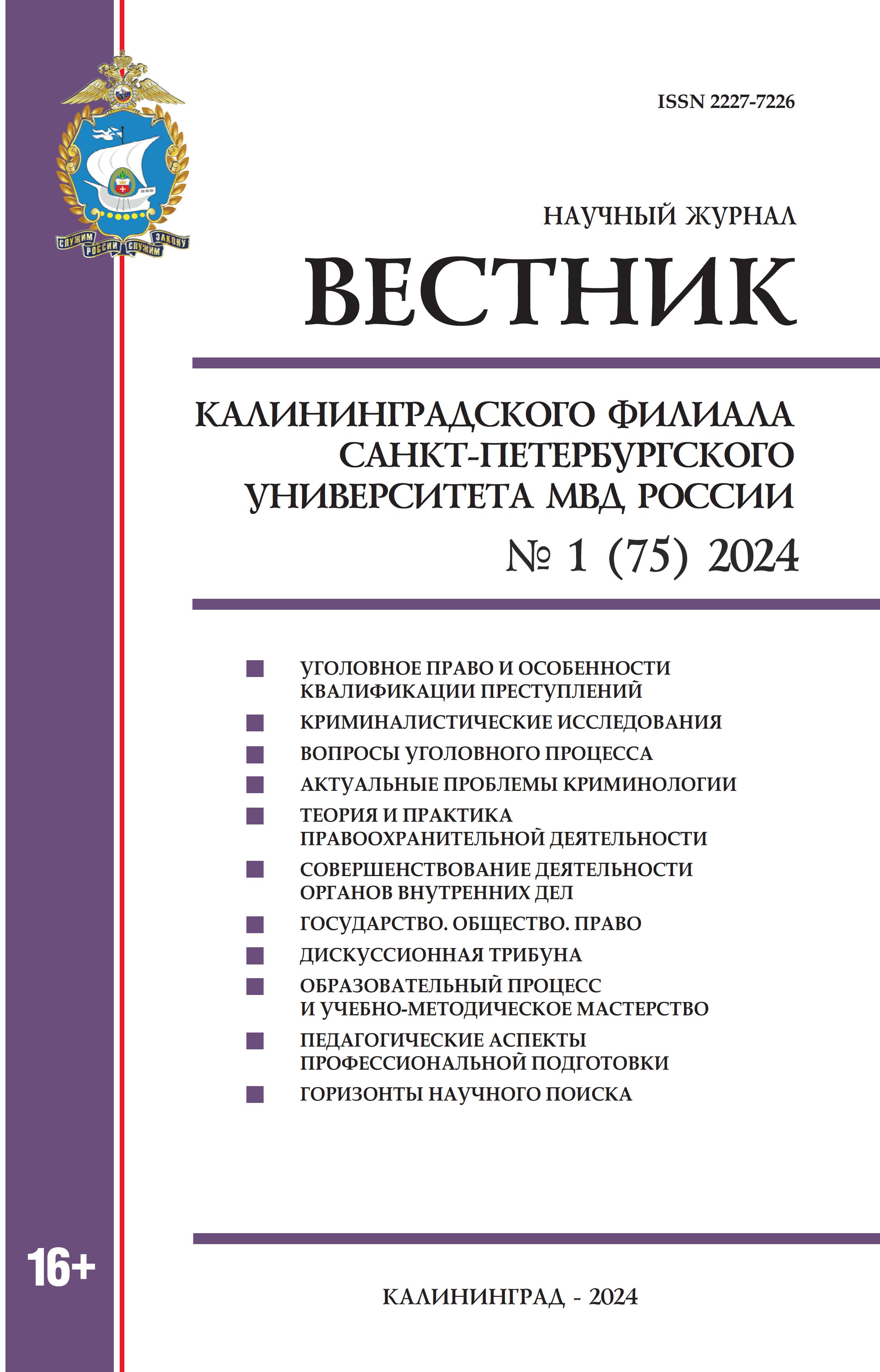Kaliningrad, Kalinigrad, Russian Federation
Introduction. The article analyzes the legislative framework and scientific approaches to the establishment of self-restriction of citizens to obtain loans and loans in financial organizations. The increase in the number of frauds related to encouraging citizens to obtain loans and the subsequent transfer of funds to criminals has necessitated the development and implementation of mechanisms to protect potential victims from illegal actions by intruders. The current financial security measures are not convenient enough for consumers. The measures established by the new legislative initiatives are easier to use for citizens, but require certain efforts from financial structures to reorganize their activities. Methods. When writing the article, various methods of cognition were used: dialectical, statistical, method of analysis, study of documents. The material of the study was practical examples, regulatory legal acts, statistical information, as well as scientific works by authors studying the problems of self-registration for the issuance of loans and loans to citizens. Results. The main reason for victimized behavior of citizens in the financial sector is the discrepancy between the level of technology development in obtaining loans and the level of protection of potential victims from the actions of fraudsters. New opportunities for remote servicing and decision-making by credit institutions should be provided with security mechanisms. Otherwise, consumers become vulnerable to the criminal aspirations of criminals.
Loan, credit, ban, bank, financial organization, citizen's right, self-restraint.









